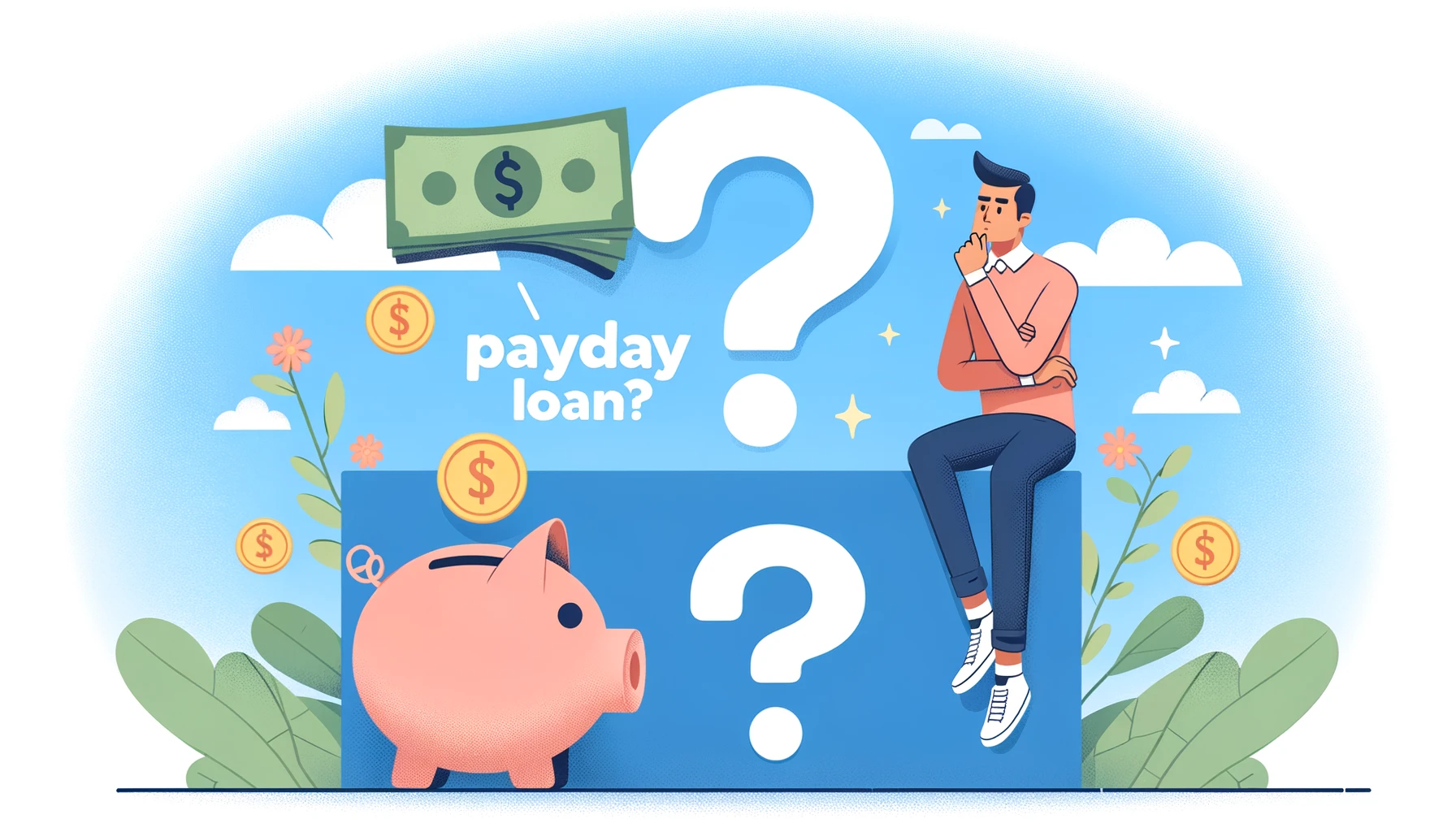Before considering to take a payday loan, it’s crucial to take a hard look at your financial situation. This isn’t just about the immediate need for cash but understanding the broader context of your finances.
Urgency of Need
Determining the urgency of your financial requirement is crucial. Ask yourself: Can this expense wait until your next paycheck, or is it an unavoidable emergency? For instance, if your car, essential for your job, breaks down and needs immediate repair costing $500, this constitutes a genuine emergency. In contrast, an expense for a non-essential item, like upgrading your phone, should ideally be postponed or saved for.
Budget and Repayment Capability
It’s important to evaluate whether you can realistically repay the payday loan without compromising your ability to cover other essential expenses. For example, if you need the loan for an urgent car repair, assess your next paycheck. Can you repay the $500 plus the additional fees and interest without jeopardizing your rent or grocery budget? If repaying the loan means you’ll struggle with other essential costs, the loan could lead to more financial strain, suggesting that it’s not a viable option.
Exploring Alternatives
Before opting to take a payday loan, consider every other available option. This might include using personal savings, seeking help from family or friends, or exploring lower-interest personal loans from banks or credit unions. For example, before taking a payday loan for a car repair, see if you have savings to cover the cost, or ask if family members can assist. A personal loan from your bank might also offer a more manageable repayment plan and lower interest, making it a more financially prudent choice.
So What are the Appropriate Scenarios to take a Payday Loan?
While generally not recommended due to high costs, there are specific circumstances where taking a payday loan may be justified as the only option left.
Extreme Emergencies
In cases where all other financial avenues have been exhausted, a payday loan might be necessary. Consider a situation where your car, which is essential for commuting to your job, suddenly breaks down. The repair costs are high, and you have no savings or alternative borrowing options. In such a dire scenario, where the lack of a car could mean losing your job, a payday loan becomes a viable, although costly, solution to a critical problem.
Short-term Financial Gaps
Payday loans can also be considered in situations of temporary financial shortfalls, provided you are confident in your ability to repay the loan with your next paycheck. For instance, if you’re facing an unexpected but crucial expense, like a medical bill, and you’re sure that your next paycheck can cover the loan repayment without affecting your ability to meet regular expenses, a payday loan can bridge this gap. It’s important to ensure that this is a one-off situation and not a regular occurrence, as repeated reliance on payday loans can lead to a cycle of debt.
Smart Borrowing Practices
If to take a payday loan emerges as your only choice, it’s crucial to borrow smartly to mitigate the financial impact. Here’s how you can do it:
Reading the Fine Print
Thoroughly understanding the terms and conditions of a payday loan is essential. For instance, if you’re borrowing $500, be aware of not just the amount but also the interest rates and fees, which can sometimes equate to an annual percentage rate (APR) of several hundred percent. This means that if not managed properly, a small loan can quickly escalate into a much larger debt. Pay close attention to the repayment terms – know exactly what you’re agreeing to before signing on the dotted line.
Planning Repayment Strategy
Having a solid plan for repayment is vital. Let’s say you’ve taken out a payday loan for an emergency car repair. It’s important to know precisely when the repayment is due – typically by your next paycheck. Plan your budget around this repayment to ensure you have the funds ready. This planning helps avoid additional charges from rollovers or late fees, which can further exacerbate your financial strain.
Avoiding Repeat Borrowing
Lastly, it’s crucial to treat to take a payday loan as a one-time solution. Regular reliance on payday loans can trap you in a continuous cycle of debt. If you find yourself repeatedly considering payday loans, it might be time to reevaluate your overall financial strategy and seek alternatives or professional financial advice.
Our Conclusion
These loans might seem like a quick fix, but they require careful thought and responsible handling.
Assess your need for urgency, evaluate your budget, and always consider other options first. If take a payday loan is your only path, approach it with a detailed repayment plan and treat it as a one-time solution.
Remember, your financial choices today shape your stability tomorrow. If you’re often considering payday loans, it might be worth seeking financial advice or counseling. Take care of your financial health – it’s a crucial part of your overall well-being, and you don’t have to navigate it alone.


0 Comments